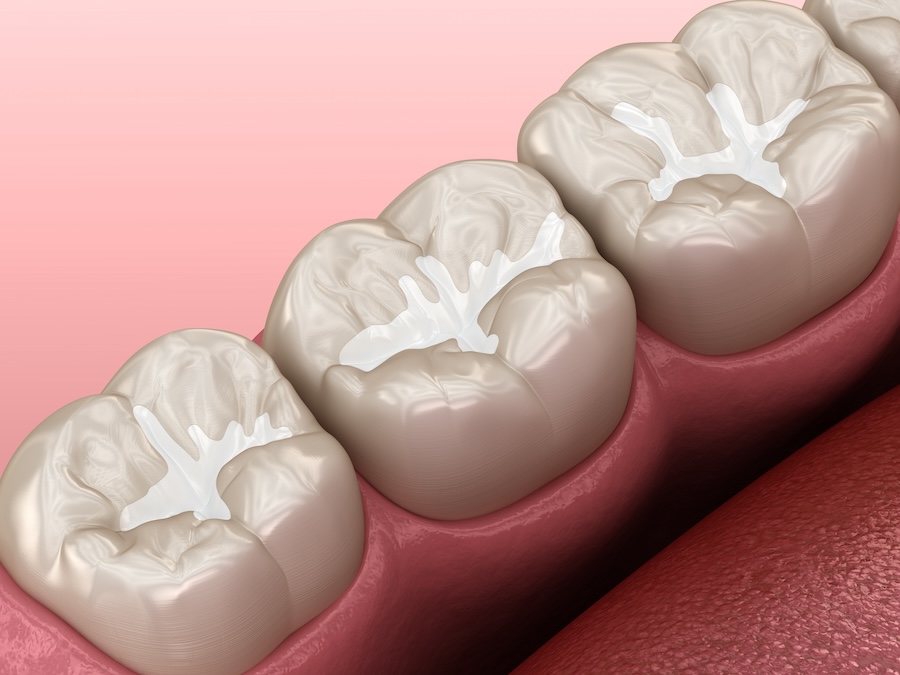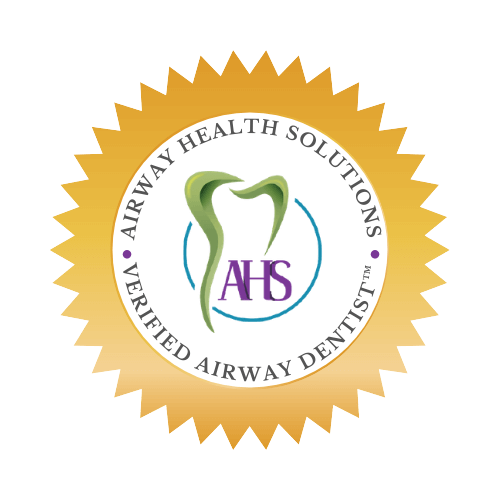
Maintaining good oral hygiene is essential, but even the most diligent brushers can miss the tiny grooves and pits in the teeth, especially on the molars. This is where dental sealants come in, offering an extra layer of protection against cavities. But what exactly are sealants, and who needs them? Here’s what you need to know.
What Are Dental Sealants?
Dental sealants are thin, protective coatings that are applied to the chewing surfaces of the back teeth—primarily the molars and premolars. Made from a safe, clear or tooth-colored resin, sealants flow into the grooves and fissures of these teeth. They create a smooth surface that’s easier to clean and less likely to harbor plaque and bacteria.
- How They Work: Once applied, the sealant hardens and bonds to the tooth. They act as a barrier against food particles and bacteria. This prevents cavities from forming in the deep grooves that are often difficult to clean with regular brushing alone.
- The Process: Applying dental sealants is quick and painless. The tooth is first cleaned and dried, then a special gel is applied to roughen the surface slightly, ensuring the sealant adheres properly. The sealant is then painted onto the tooth and hardened with a special curing light.
Who Needs Dental Sealants?
While dental sealants are often associated with children, they’re beneficial for people of all ages. Here’s a breakdown of who can benefit the most:
- Children and Teenagers: The most common candidates for sealants are children and teens. As soon as the first permanent molars appear, usually between ages 6 and 12, sealants can be applied to protect these teeth during the cavity-prone years.
- Adults: Even though sealants are typically applied during childhood, adults without cavities or fillings in their molars can also benefit. If you have deep grooves or a history of cavities, sealants can provide an extra layer of defense.
- High-Risk Patients: Those with a history of cavities, poor oral hygiene, or diets high in sugary or acidic foods may also be good candidates for dental sealants. Sealants are an excellent preventive measure for these individuals.
Benefits of Dental Sealants
The primary benefit of dental sealants is their ability to prevent cavities, but there are other advantages as well:
- Cost-Effective: Sealants are relatively inexpensive compared to the cost of filling a cavity or other restorative dental treatments. They are often covered by insurance on children.
- Non-Invasive: The application of sealants doesn’t require drilling or removing any tooth structure, making it a completely pain-free procedure.
- Long-Lasting Protection: With proper care, dental sealants can last several years before needing a touch-up, providing long-term protection for your teeth.
Protecting Your Teeth at Southern Dental Fort Smith in Fort Smith, AR
If you or your child are looking for an effective way to prevent cavities, sealants might be the perfect solution. At Southern Dental Fort Smith in Fort Smith, AR, Dr. David Phillips and our experienced team are here to assess your dental needs and provide personalized care. Whether you’re interested in sealants for your child or yourself, we’re committed to helping you achieve and maintain a healthy smile.
To learn more about dental sealants or to schedule an appointment, contact us today at Southern Dental Fort Smith. Let’s work together to protect your teeth and keep your smile shining bright!
Contact Us